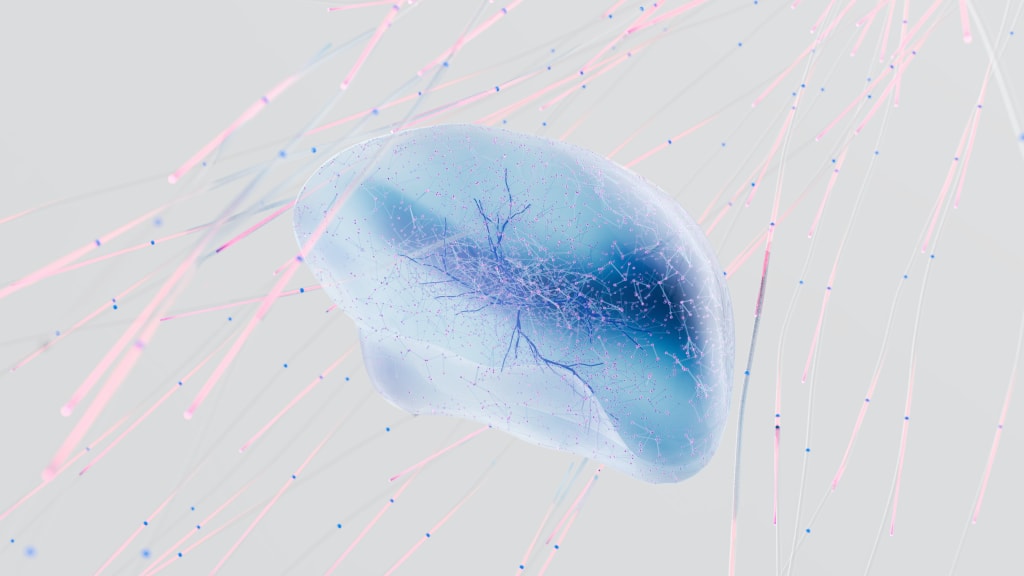The Neurological Revolution
How the Internet is shaping the Human Brain

In the blink of an eye, the internet has transformed from a novel innovation to an indispensable aspect of daily life. As we navigate the vast digital landscape, the impact of the internet on the human brain has become a subject of intense study and debate. This article explores the multifaceted ways in which the internet is changing the very structure and function of our brains.
1. Information Overload and Cognitive Load:
One of the most immediate effects of the internet on the brain is the overwhelming influx of information. In the digital age, we are bombarded with a constant stream of data, from social media updates to news alerts. The brain must adapt to process this deluge of information, leading to changes in cognitive load. Studies suggest that excessive exposure to information can affect attention spans, making it harder for individuals to focus on one task for an extended period.
2. Neuroplasticity and Adaptation:
The brain's remarkable ability to adapt, known as neuroplasticity, comes into play as individuals engage with the internet. Neuroplasticity refers to the brain's capacity to reorganize itself by forming new neural connections. The internet, with its dynamic and ever-changing content, may be a catalyst for rewiring neural pathways. This adaptability can enhance certain cognitive functions while potentially diminishing others, depending on the nature of online activities.
3. Multitasking and Cognitive Flexibility:
The internet encourages multitasking, a behavior that involves rapidly switching between different tasks. While this might foster a sense of productivity, it also challenges the brain's cognitive flexibility. Constantly shifting attention between various online activities may hinder deep cognitive processing and contribute to a preference for quick, surface-level information consumption.
4. Memory and Externalized Information Storage:
The internet serves as an externalized storage system for information, impacting the way our brains encode and retrieve data. The phenomenon known as the "Google Effect" suggests that individuals are more likely to remember where to find information rather than the information itself. As a result, reliance on the internet for information retrieval could influence the brain's memory processes.
5. Social Connectivity and Emotional Regulation:
Social media platforms and online interactions have become integral components of modern life. The constant connectivity can influence the brain's social circuits and emotional regulation. The dopamine-driven reward system, triggered by likes and positive online interactions, can impact mood and contribute to addictive behaviors.
6. Filter Bubbles and Cognitive Biases:
The internet's personalized algorithms create filter bubbles, exposing individuals to information that aligns with their existing beliefs. This echo-chamber effect may reinforce cognitive biases and limit exposure to diverse perspectives. Over time, this narrowed information diet could shape the brain's cognitive processes and influence decision-making.
7. Challenges to Deep Reading and Critical Thinking:
The prevalence of online content characterized by brevity and immediacy poses challenges to deep reading and critical thinking. While the internet offers a wealth of information, the style of consumption often leans toward scanning and skimming. This mode of reading may impact the brain's ability to engage in sustained, reflective analysis of complex information.
In conclusion, as we navigate the digital age, it is evident that the internet is not merely a tool but a force that actively shapes the human brain. The neurological adaptations brought about by internet usage are both subtle and profound, influencing cognitive processes, attention spans, and social behaviors. It is crucial to approach these changes with a balanced perspective, acknowledging the benefits while remaining vigilant to potential pitfalls.
The ongoing dialogue between neuroscience and technology offers insights into the intricate relationship between the internet and the brain. As society continues to grapple with the implications of our digital era, understanding how the internet is changing the brain is a vital step toward fostering a healthy and mindful relationship with the ever-evolving landscape of information and connectivity.






Comments (1)
Great job! Keep up the fantastic work